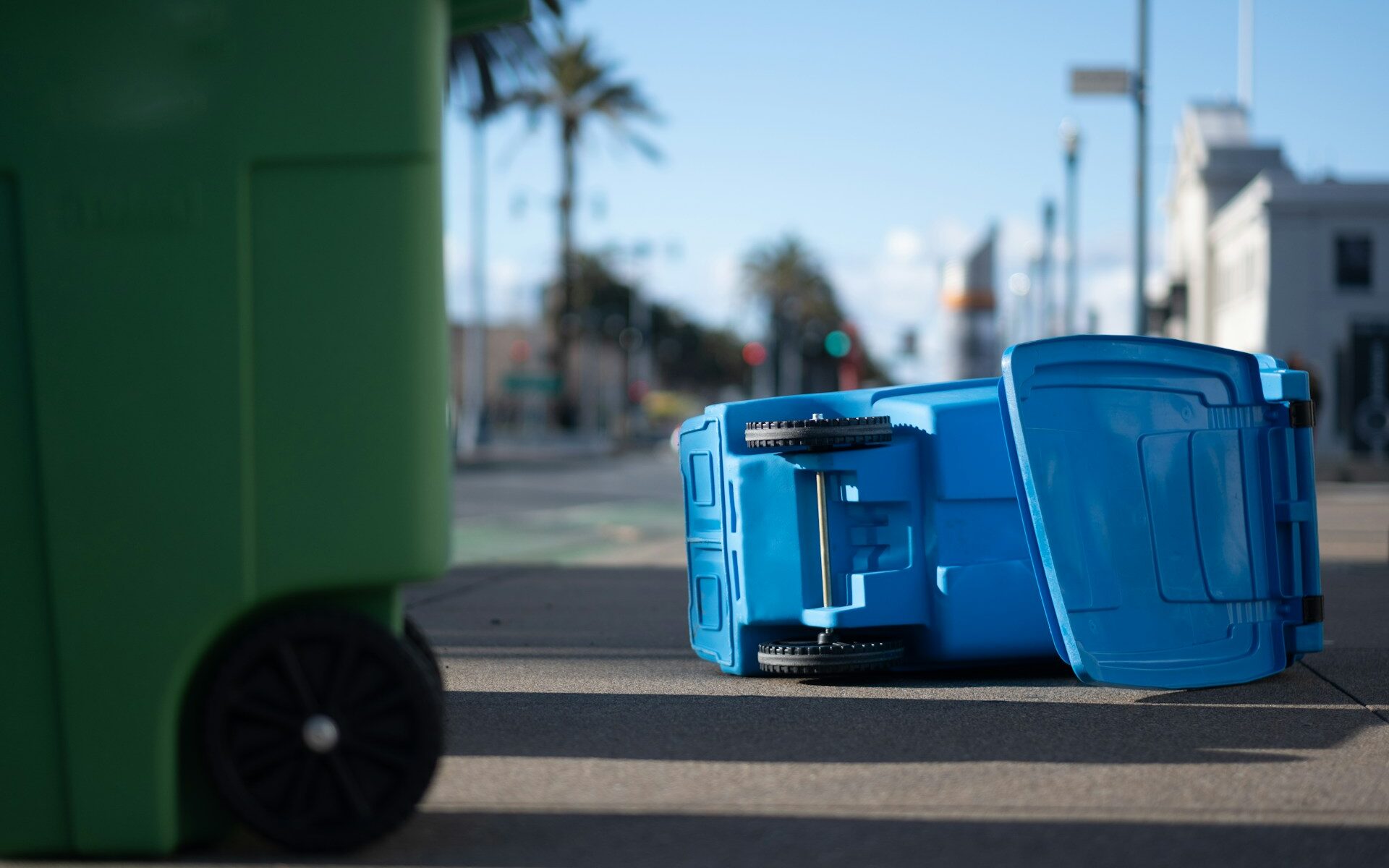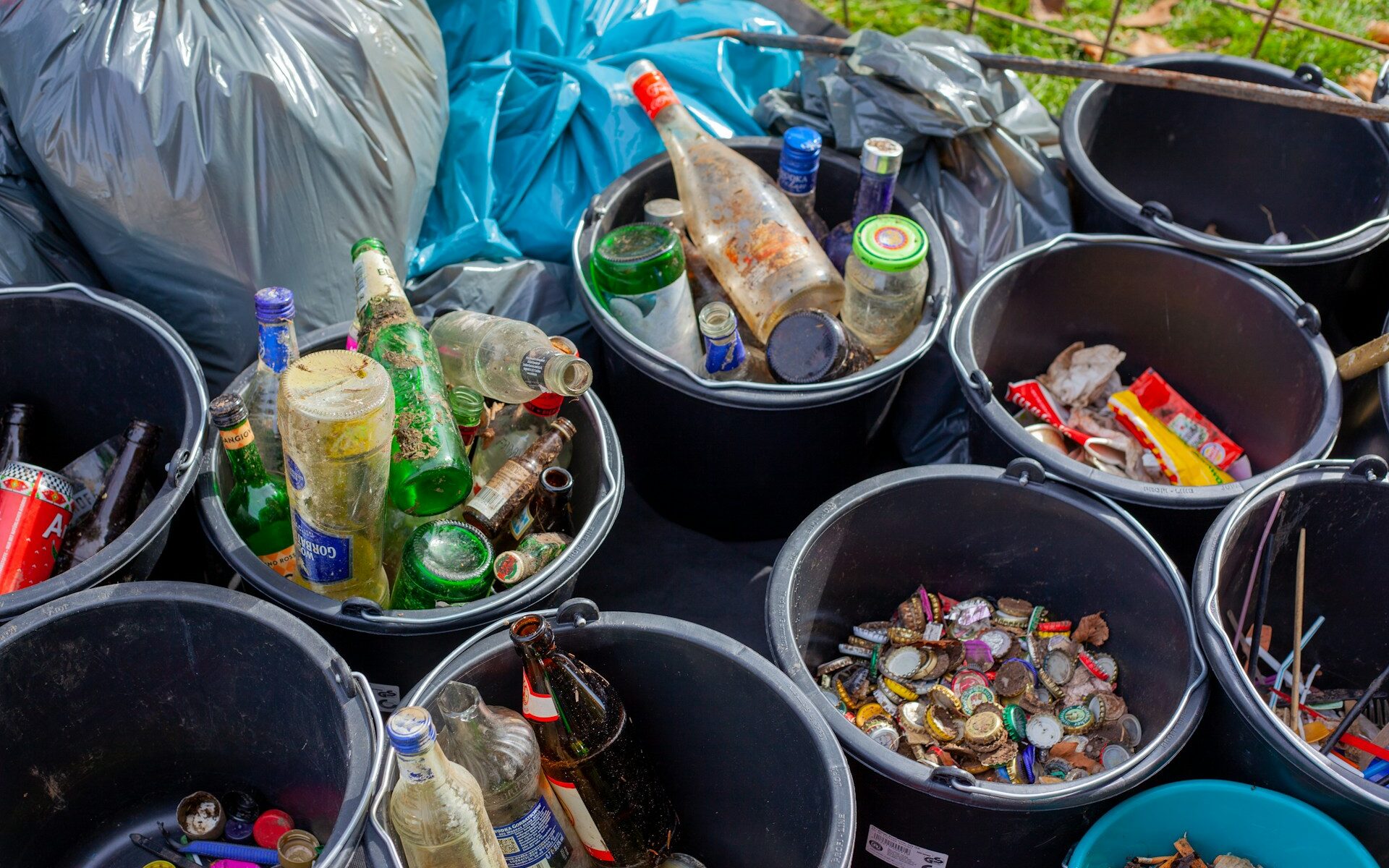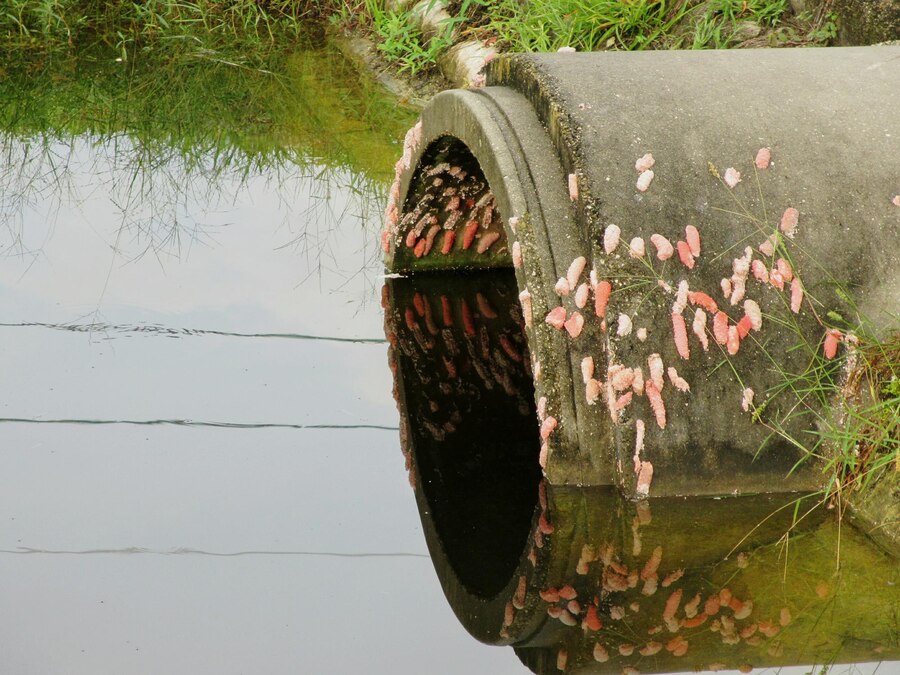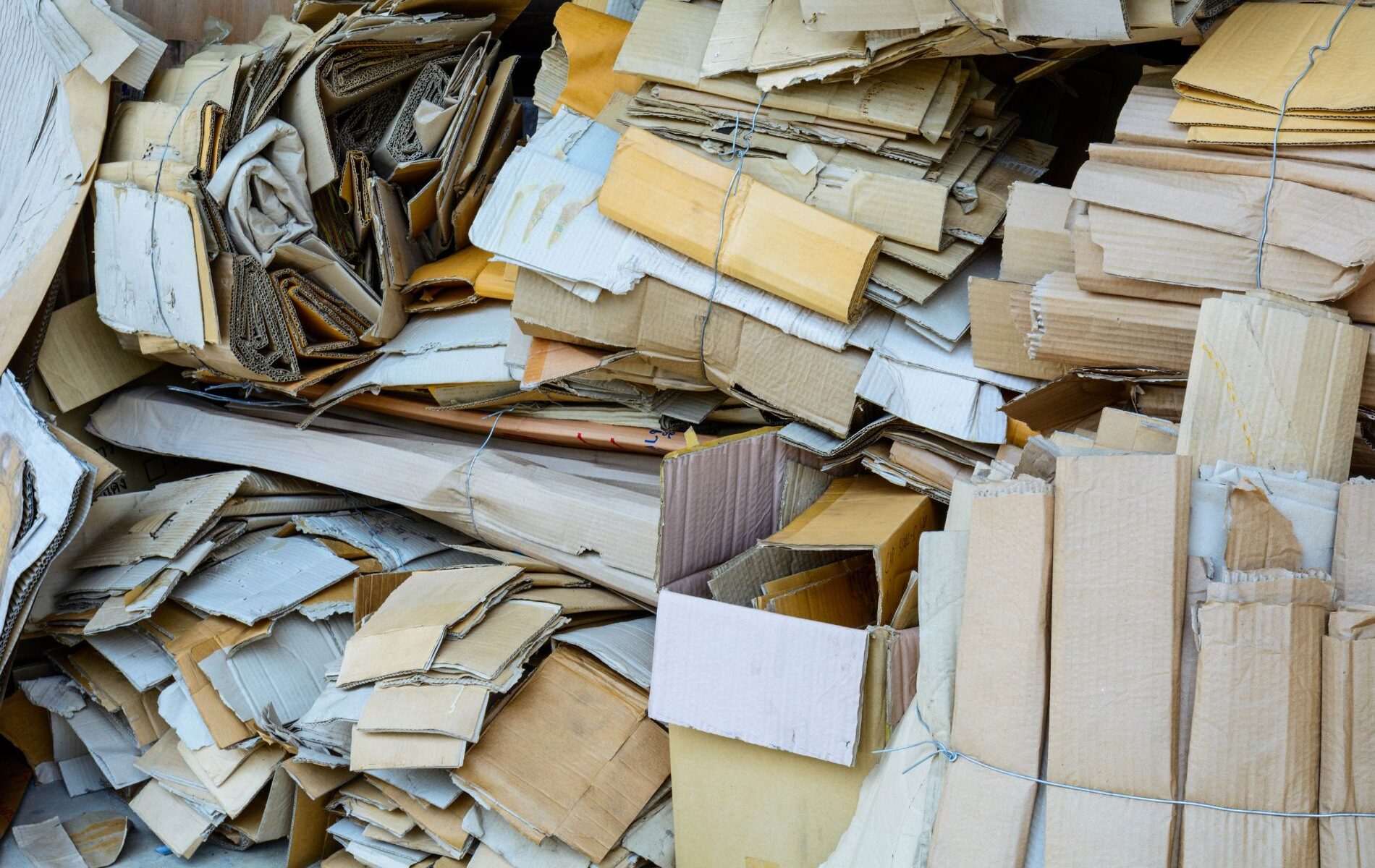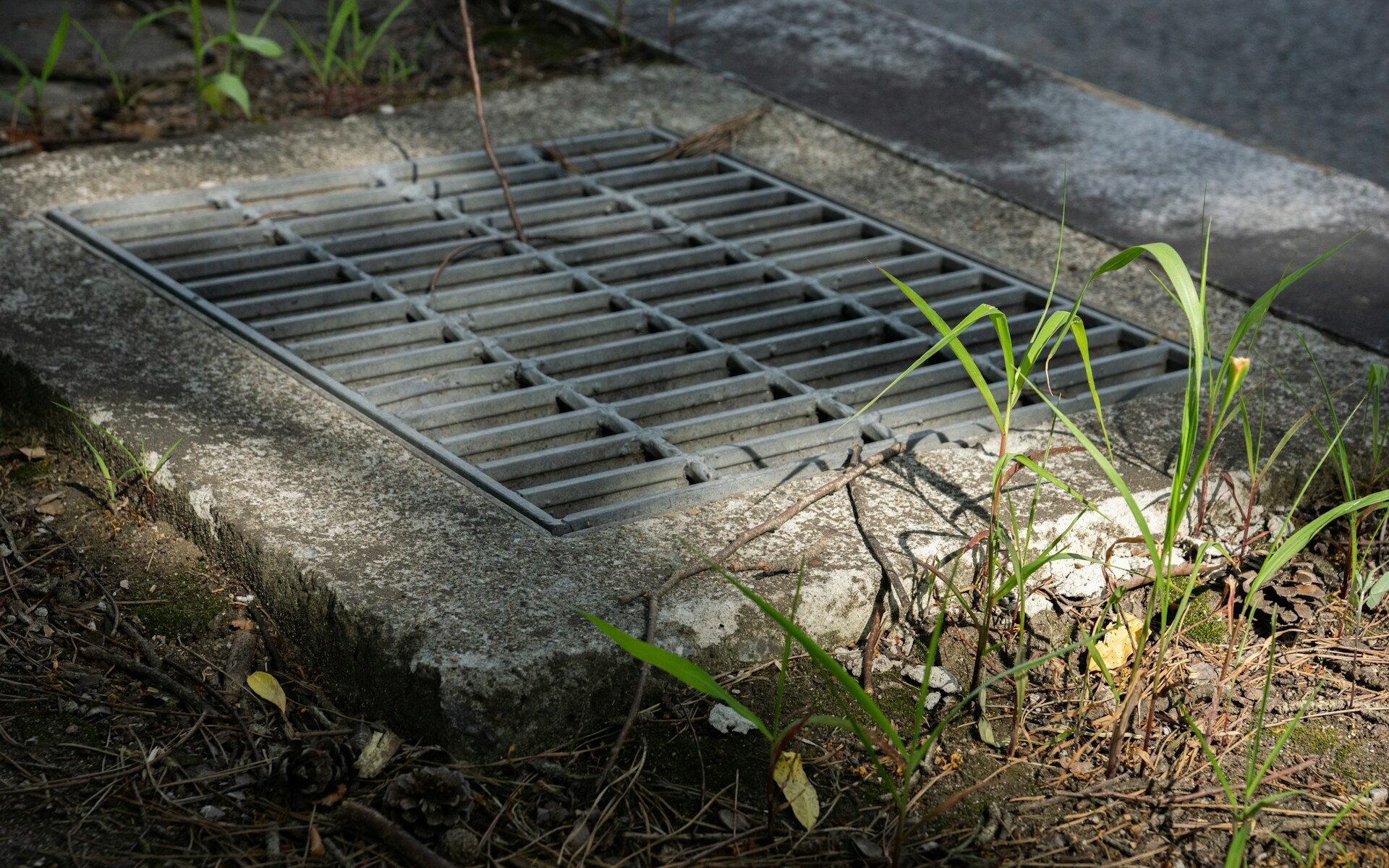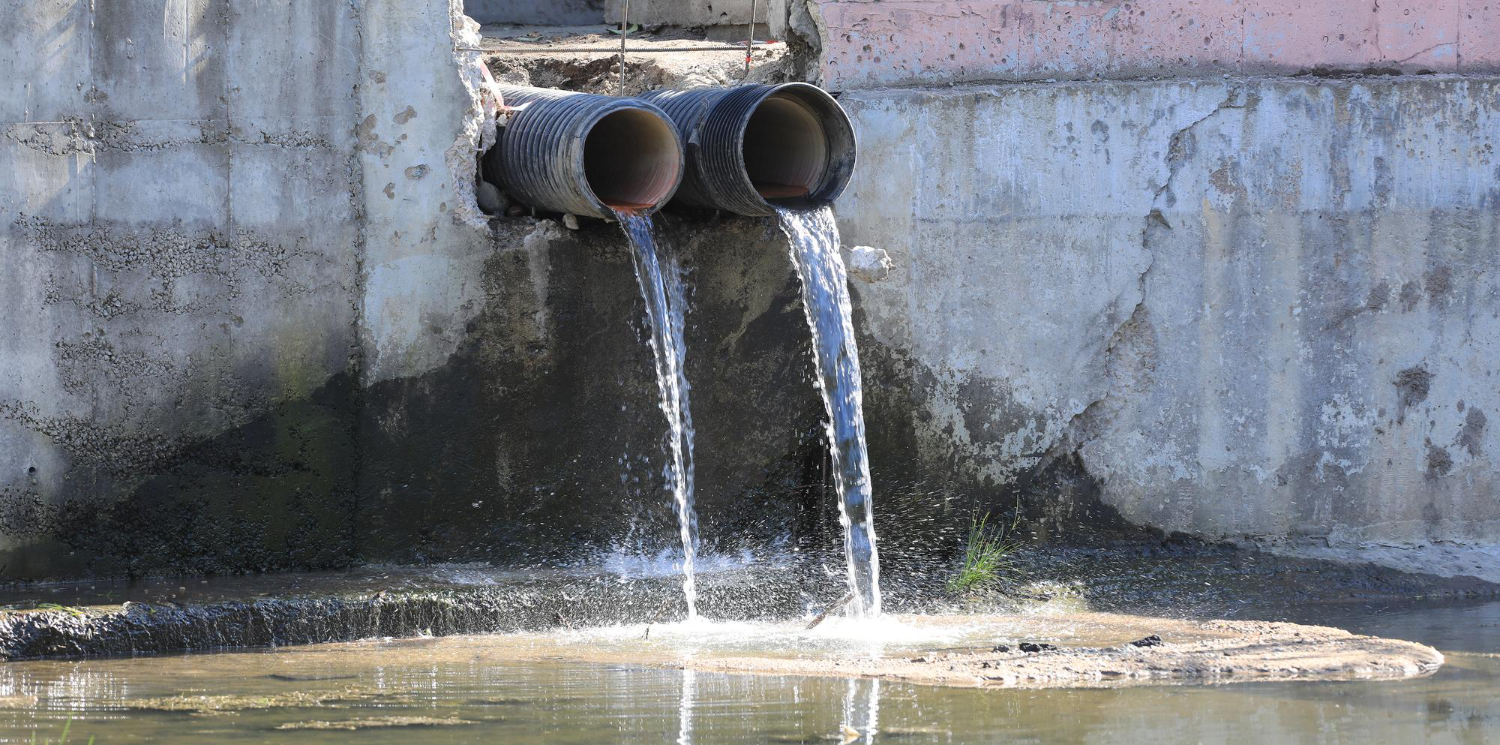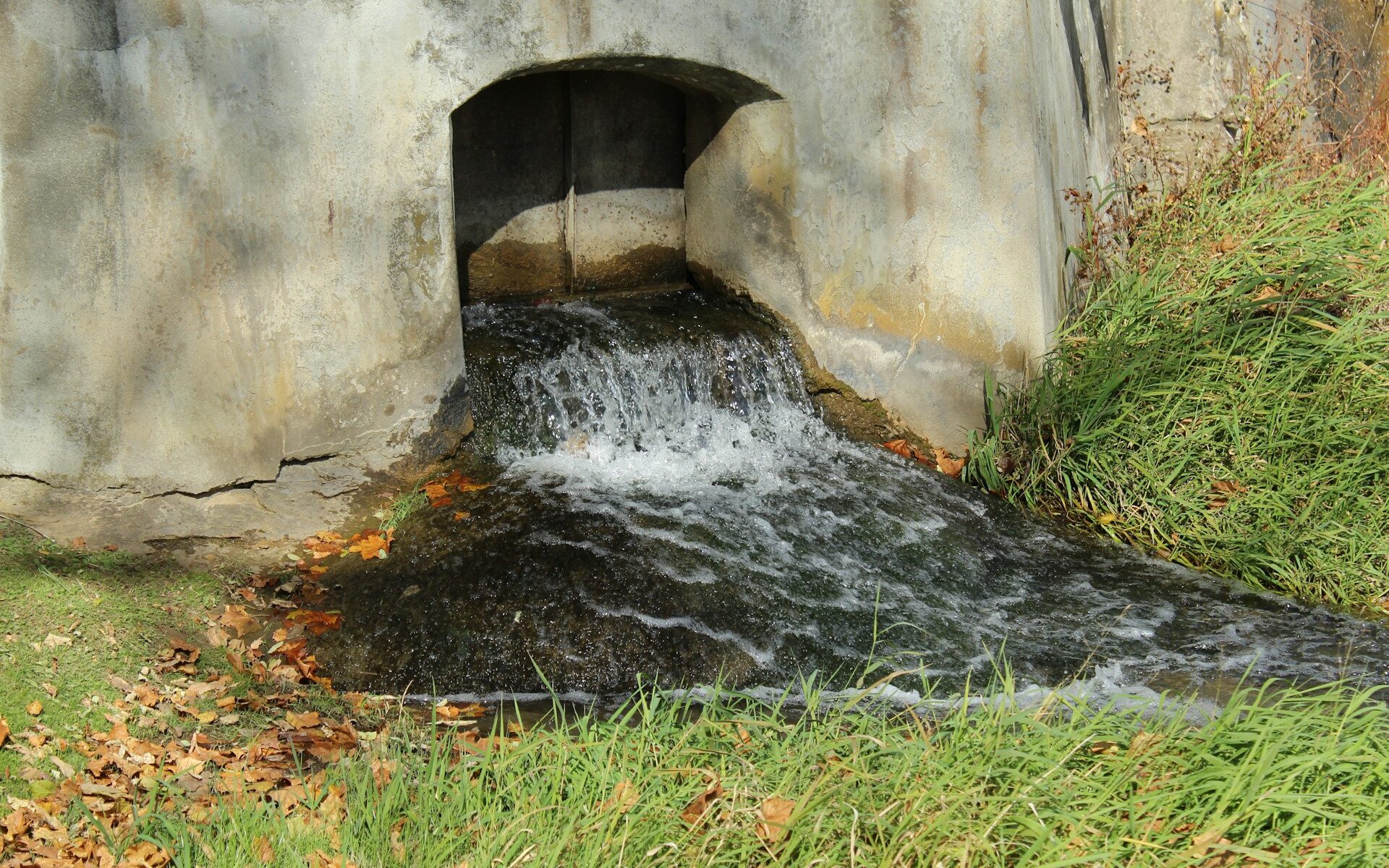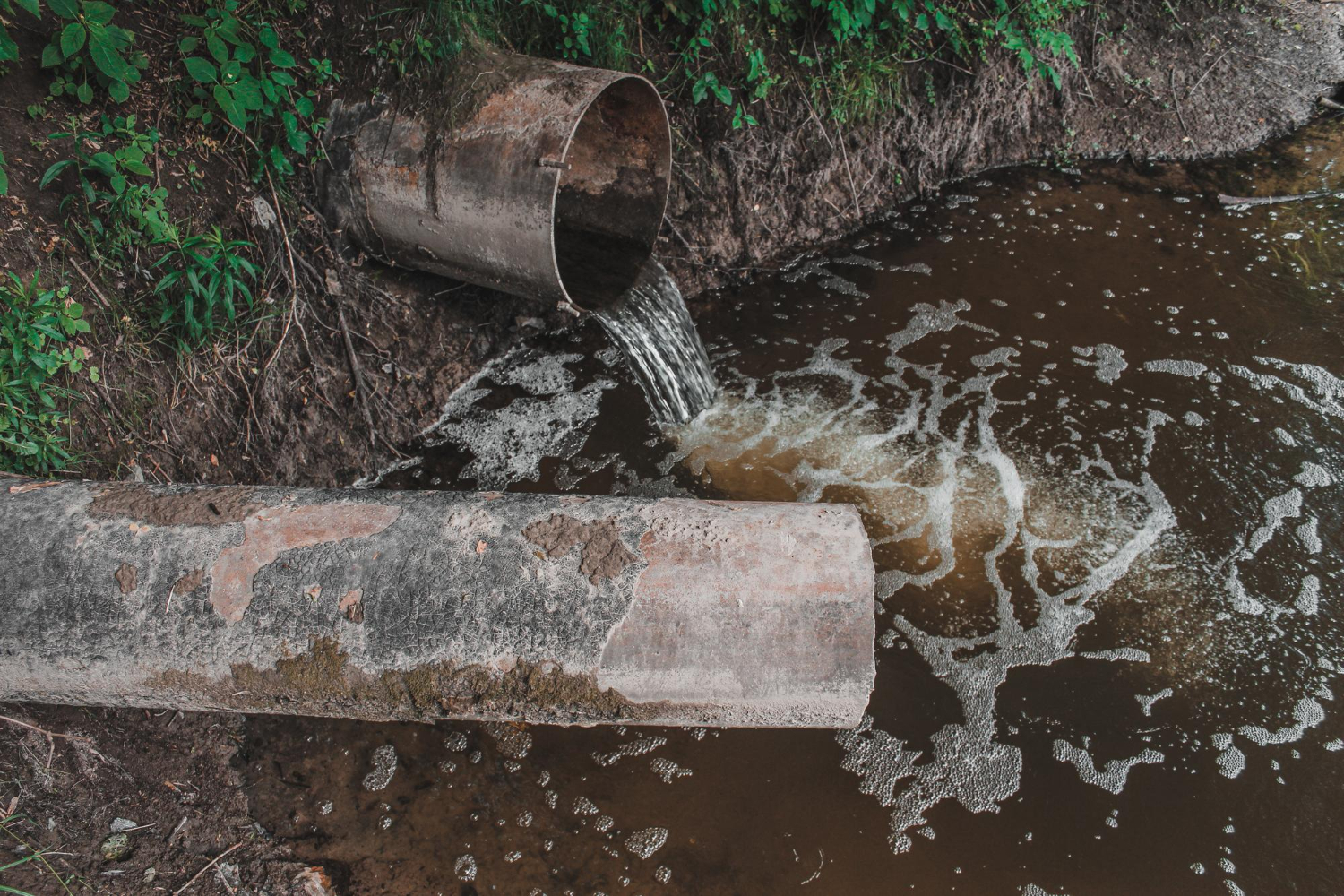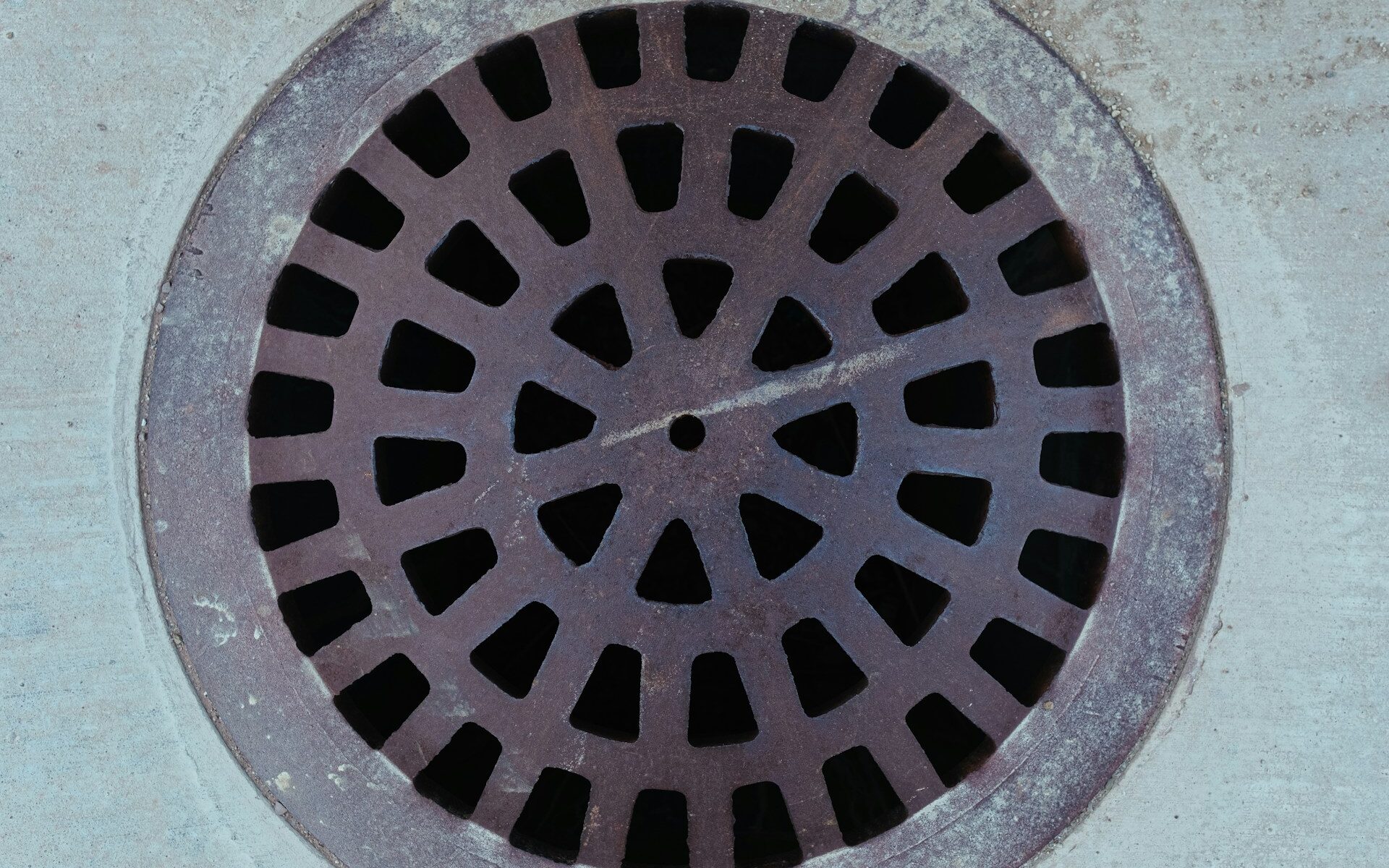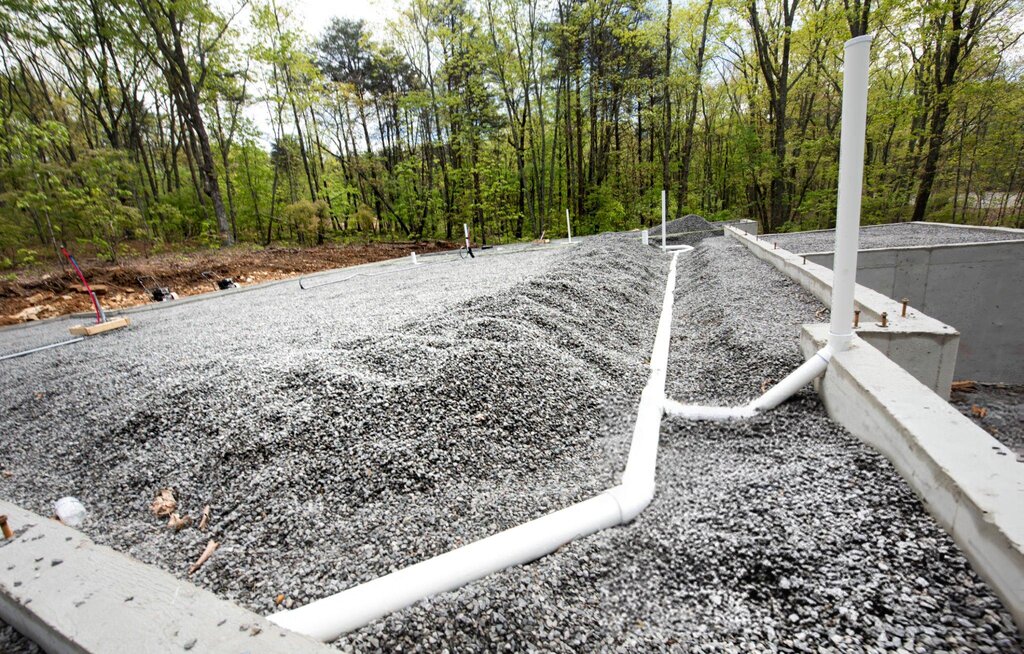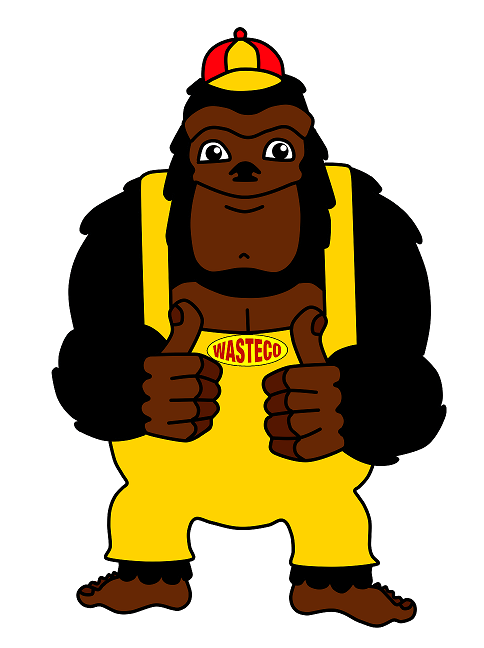Hiring professional waste removal experts can greatly simplify managing waste at home or in a business. Waste removal isn’t just about getting rid of rubbish; it involves understanding the types of waste, knowing where it should go, and ensuring it doesn’t harm the environment. Professionals in this field have the expertise to handle various kinds of waste in a safe and efficient manner, preventing the potential hazards associated with improper disposal.
For both households and businesses, proper waste management is essential to maintaining a clean, healthy environment. Without the right disposal methods, waste can pile up, cause pollution, and pose health risks. Engaging experienced professionals not only provides peace of mind but also ensures compliance with local waste management regulations.
Benefits of Hiring Experts
Choosing to work with waste removal experts offers several advantages. Here’s why it might be your best decision:
– Time and Effort: Professional services save you the hassle of dealing with waste yourself. They handle all aspects, from collecting to disposing, freeing up your schedule for other tasks.
– Proper Disposal: With strict rules surrounding waste disposal, experts ensure that all waste is handled according to these regulations, preventing potential fines or legal issues.
– Health and Safety: Improper handling of waste can lead to health risks. Waste removal experts use techniques to safely manage and dispose of all waste types, reducing any potential risks effectively.
Imagine being able to focus on your daily routine without worrying about the complexities of waste disposal. By handing over this task to professionals, you ensure everything is managed responsibly, allowing you to live or work in a cleaner environment without the stress.
Types of Waste Handled by Professionals
Waste removal experts are equipped to deal with a wide range of waste types, ensuring all materials are disposed of in the most appropriate manner.
– Household Waste: This includes everyday items like food scraps, paper, and old clothing. Professionals ensure that recyclable materials are separated and disposed of correctly.
– Commercial Waste: Office environments produce more paper and packaging waste. Experts manage this efficiently, helping businesses maintain a tidy workspace.
– Hazardous Waste: Materials like batteries, paints, or chemicals require special handling. Special services ensure these are disposed of safely, protecting the environment.
– E-Waste: Old electronics, from cellphones to computers, contain components that are harmful if not recycled properly. Waste management services provide safe recycling for these items.
Working with professionals means trusting that each type of waste is addressed according to its specific requirements. This specialized approach not only supports environmental sustainability but also contributes to community health and safety.
How Experts Ensure Eco-Friendly Practices
Waste removal experts play a crucial role in protecting the environment through green practices. They go beyond simple disposal by implementing strategies that minimise impact on the earth. These pros are heavily involved in recycling programs, ensuring that materials are processed and reused rather than ending up in a landfill. For instance, metals and plastics extracted from waste are often redirected to recycling facilities.
When it comes to hazardous materials, safe disposal becomes even more important. Waste removal services employ specialised methods to handle and neutralise these substances, making sure they don’t seep into water supplies or soil. Additionally, many services focus on converting waste into energy. Waste-to-energy initiatives involve using incineration processes to generate power from waste materials, providing a dual benefit of waste reduction and energy creation.
These strategies not only reduce the overall carbon footprint but also encourage a more sustainable lifestyle. By choosing expert waste removal services, individuals and businesses contribute to broader eco-friendly efforts.
Factors to Consider When Choosing Waste Removal Experts
Deciding on the right waste removal service involves several key considerations. Selecting experts with proven experience is important, as they possess the knowledge necessary to tackle various waste challenges. It’s necessary to look at the range of services offered, ensuring they cover the types of waste specific to your needs, whether that’s household, commercial, hazardous, or e-waste.
Compliance with local waste management regulations is another must-check box. Professionals should demonstrate adherence to these rules, ensuring legal safety and preventing any unwanted issues. Plus, checking customer reviews and testimonials provides insight into the reliability of the services. Word of mouth often paints an accurate picture of the commitment and expertise of these professionals.
Ensuring a thorough review when selecting waste removal experts will give you peace of mind knowing your waste is managed efficiently and legally.
Making the Right Choice for Your Waste Removal Needs
Having professional waste removal services handle your rubbish means less stress and more assurance that disposal is managed correctly. Handing this task off to professionals ensures you avoid the hassle and potential pitfalls of DIY waste disposal. Their knowledge and attention to processes support streamlined operations and cost-effective solutions.
Engaging professional services supports not just efficiency but also environmental responsibility. With eco-friendly practices and a focus on reducing waste impact, these services align with the growing need for sustainability, allowing you to be part of a solution that benefits everyone. By choosing experts, you ensure that you contribute positively to both your immediate surroundings and the global environment.
Experience the benefits of choosing WASTECO for all your waste disposal needs. Our experienced team of waste removal experts ensures efficient and eco-friendly practices. Learn how we handle waste responsibly and sustainably by exploring our services today.


